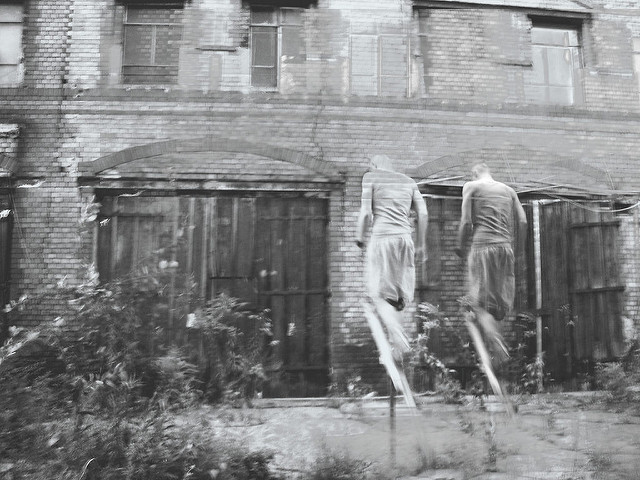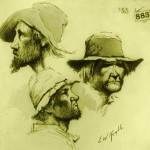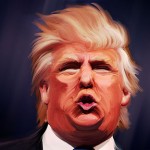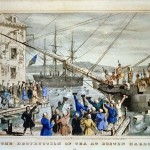···
I do not have a first-person, direct understanding of urban poverty. But I suspect that rural poverty may be the area that is most apt for this particular phenomenon. Going to junior high and high school in a small West Texas town, I witnessed and understood a social strata teeming with racial tension, implicit and also quite explicit, but I was also aware of a certain underclass of White poor folks who were invisible in plain sight. I lived below the poverty line, but these poor White folks lived below the statistical lines of demographics and, I suspect, even the whole-cloth notion of Whiteness, including White privilege.
They suffered a leper’s distain, and were feared because their condition was so stark, with no recourse to “culture” or anything but a vulgar body, marked by the smells and dirt of their suffering. Believe me, there was no structural privilege there of any kind; this form of Whiteness could not dress up or disguise itself even as White.
To be clear, this was a class well below farmers and workers and general poor folk. I think most of us, by suburban standards, were poor in that town. But this sort of White poverty was a hopeless social situation without institutions, religious or civic, readily disposed to serve or help. This was not the creative lower classes; this was an underclass I never saw again until living in Steubenville, Ohio, in the upper reaches of Appalachia, and then again in Crawfordsville, Indiana.
···
I was reminded of this social category in a recent group of online writings pointing to some recently published books that I plan on reading as soon as I am able. The first two articles are “The Original Underclass,” from The Atlantic and “Trump: Tribune of Poor White People,” in The American Conservative. I disagree with the articles’ sense that Trump’s candidacy has had an electoral effect on this class of constituents. These poor White folks are, like most of America and almost all of its poor, apolitical beings who never vote and lack any sense of social will or power as a group, so I find it hard to believe that a New York City billionaire has reached their hearts for the first time in history.
Surely the nativist tone of Trump’s campaign–which I see more as lower-middle class suburban ressentiment than a rural poor populism–does strike some resemblances and reminds us of this the largest demographic of America’s poor.
The one that hit closest to home for me as a trash-class academic of sorts was “Coding ‘White Trash’ in Academia,” at AuntieBellum. In this article I think the sense in which “White privilege” can be severely limited, even in the power dynamics of a place as political as the postmodern Academy, is compellingly stated.
I hope you will read these sources less to be reminded of the speculated effects of Trump’s political moment and more so to see the place where generalized accounts of Whiteness and White privilege break down and subvert the more radical claim that Whiteness itself is an ideology, not an ethnicity.
···
The obvious contradiction in this post is not lost on me. How can I reject the metaphysics of Whiteness on the one hand and, on the other, describe this underclass of White folks? This may seem logically impossible, and indeed it is on purely logical terms, but then again the rules of logic are not the atomic source of social meaning. So I’ll have to leave it at that for now.













